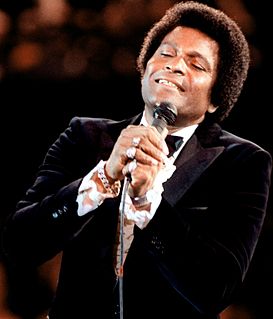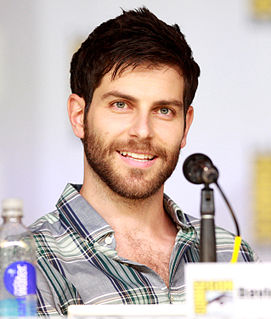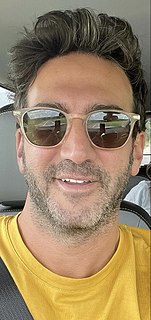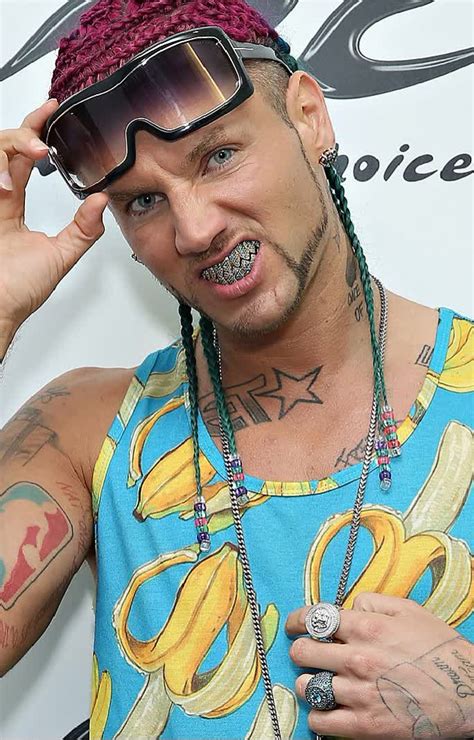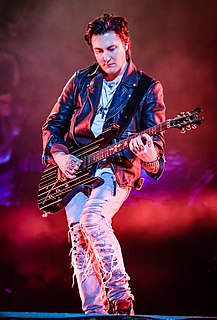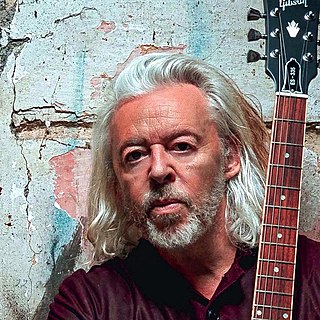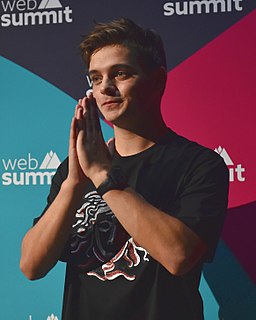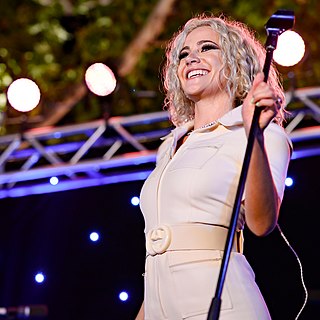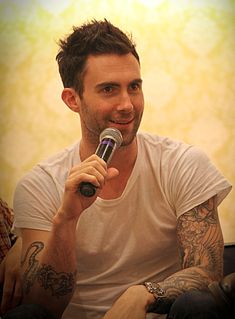A Quote by Ben Gibbard
I think a lot of people who become music fans have that moment where they break from their parents' music, they break from the radio and MTV - at least in my generation, they did, and MTV isn't really a thing anymore. And you discover something that defines you, that is outside of the mainstream.
Related Quotes
Another one of my favourite sayings is, you can't handpick your audience. I feel like I'm making music for people who think like me about music, and that takes a lot of different forms. I could never generalise - but I think if I were to generalise, I'd think that you would say that most of my fans are music lovers who are looking for something outside of the mainstream: maybe a little bit hard to pin down, a little bit hard to categorise.

